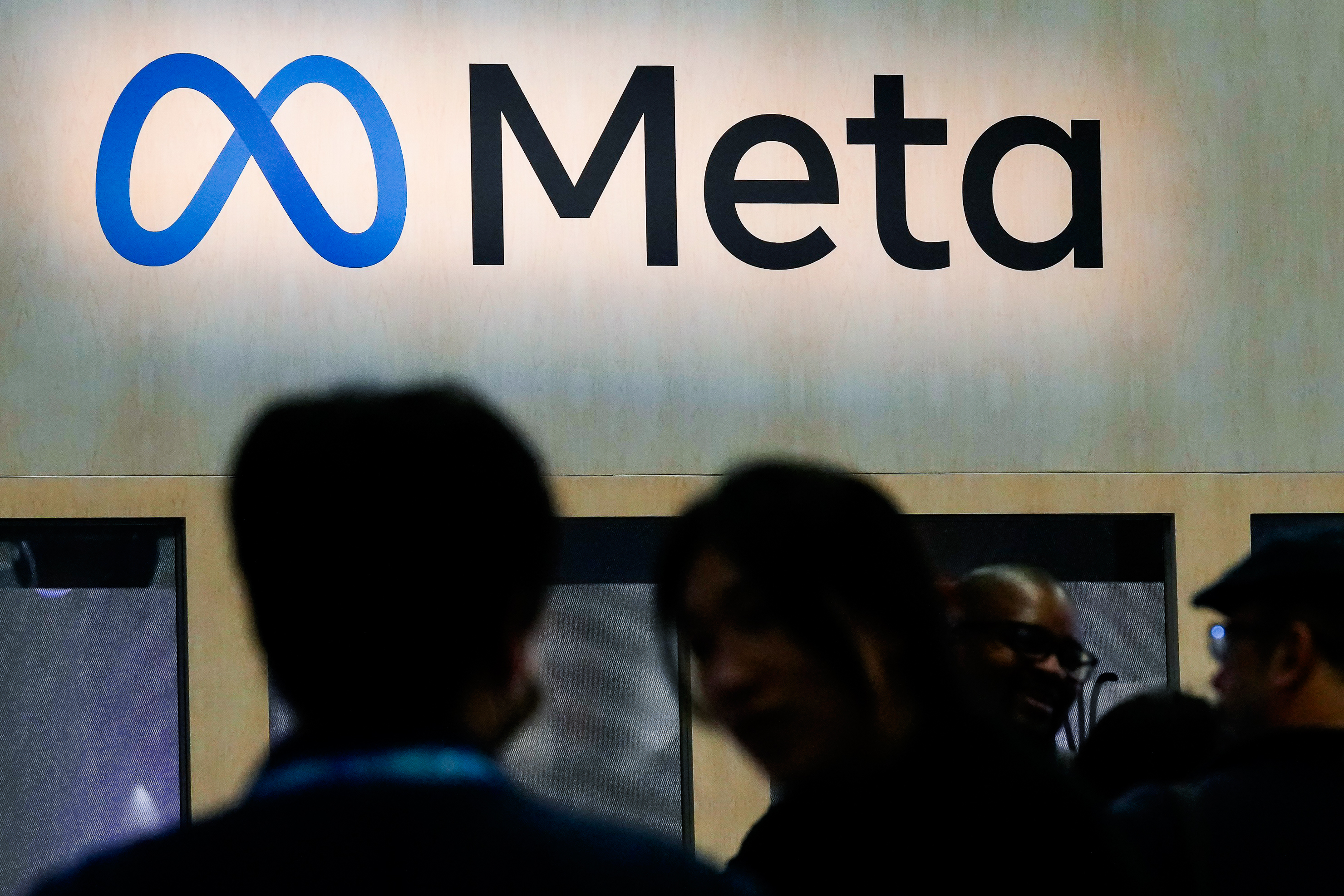As lawmakers in California consider a proposal that would charge journalism usage fees to some tech companies, social media giant Meta says it will block news on its platforms if the bill is signed into law.
“If the Journalism Preservation Act passes, we will be forced to remove news from Facebook and Instagram rather than pay into a slush fund that primarily benefits big, out-of-state media companies under the guise of aiding California publishers,” a spokesperson for Meta said in a statement emailed to The Epoch Times.
The tech company said it differs from Google because the content on Meta platforms is posted by users, whereas Google’s results are generated by search engines.
At issue is Assembly Bill 886—authored by Assemblywoman Buffy Wicks and known as the Journalism Preservation Act—which would require the largest tech companies—those with at least 50 million monthly active users in the United States and at least 1 billion worldwide or with revenues exceeding $550 billion, which currently includes only Meta and Google—to pay digital news providers for content placed on their platforms.
Meta suggested that market forces affecting journalism began long before its platforms became popular.
“The bill fails to recognize that publishers and broadcasters put their content on our platform themselves and that substantial consolidation in California’s local news industry came over 15 years ago, well before Facebook was widely used,” the Meta spokesperson said.
Some companies could be incentivized to flood social media with their news to generate more usage fees, the social media giant warned.
“It is disappointing that California lawmakers appear to be prioritizing the best interests of national and international media companies over their own constituents,” the Meta spokesperson said.
Legislative consultants acknowledged the criticisms in their analyses and said the author should consider if the two tech giants should be treated the same, given their different business models.
The bill does not specify how much the tech companies would have to pay. Instead, amounts would be set through an arbitration process.
Tech companies would also be prohibited from retaliating against news providers that exercise their right to receive usage fees.
News organizations that receive payments are required to reinvest at least 70 percent of the proceeds on existing journalists or to maintain or expand their newsgathering operations.
With advertising revenues plummeting by 66 percent and staff reductions totaling 44 percent in the past decade, according to the text of the bill, the money is meant to help journalism survive the economic upheavals witnessed in some newsrooms.
“Journalism plays an essential role in California and in local communities, and the ability of local news organizations to continue to provide the public with critical information about their communities and enabling publishers to receive fair market value for their content that is used by others will preserve and ensure the sustainability of local and diverse news outlets,” the bill reads.
The payments are deemed necessary because newspapers benefit communities by providing perspectives about government, business, education, and the surrounding area, according to the bill.
The author highlighted that California has lost more than 100 newspapers in the past 10 years and said advertising dollars that formerly would have gone to news providers is now absorbed by the tech companies.
“AB 886 will be a lifeline for news outlets by directing some of the revenue from ad dollars back to the print, digital and broadcast media that bear the entire cost of gathering and reporting news while tech platforms bear none,” Ms. Wicks said in legislative analyses.
A sponsor of the bill agreed, saying the loss of advertising dollars is hurting the industry.
“AB 886 remedies a digital advertising injustice whereby Big Tech aggregates local news to the enrichment of their own sites without bearing any of the costs that publishers incur to employ local journalists and gather and report news vital to their communities,” the News Media Alliance—a trade association headquartered in Virginia representing more than 2,000 newspapers in the United States and Canada—said in legislative analyses.
“It’s time for Big Tech to pay market value for the content they siphon from local print, digital and broadcast news publishers.”
Opponents argue that the bill could limit the free flow of free speech and ideas on the internet.
“[AB 886 will] have the unintended consequence of eliminating the open access to information that our internet ecosystem currently provides,” the Chamber of Progress, a tech industry coalition, said in legislative analyses.
“The free exchange of information and ideas is a fundamental aspect of the internet, and any attempt to limit the use of links could be seen as a form of censorship or control over how information is shared.”
Others in opposition said the bill and its non-retaliation clause are potentially unconstitutional and argued that venture capital firms—who they argue are to blame for the decline of journalism—would be the primary beneficiaries of the proposal.
“Platforms covered by this law are still private parties who cannot be forced to disseminate the speech of the covered publishers,” the Electronic Frontier Foundation said in legislative analyses.
“[Venture capitalists] are the ones who will dominate negotiations with the tech platforms” and “will also be the ones collecting the payments mandated by this bill.”
AB 886 is similar to the federal Journalism Competition and Preservation Act, which is pending in Congress and is supported and opposed by many of the same stakeholders.
After passing the Assembly on a 55–6 vote, AB 886 is now awaiting a hearing by the Senate’s Judiciary Committee.
Google did not respond to requests for comment by press time.














